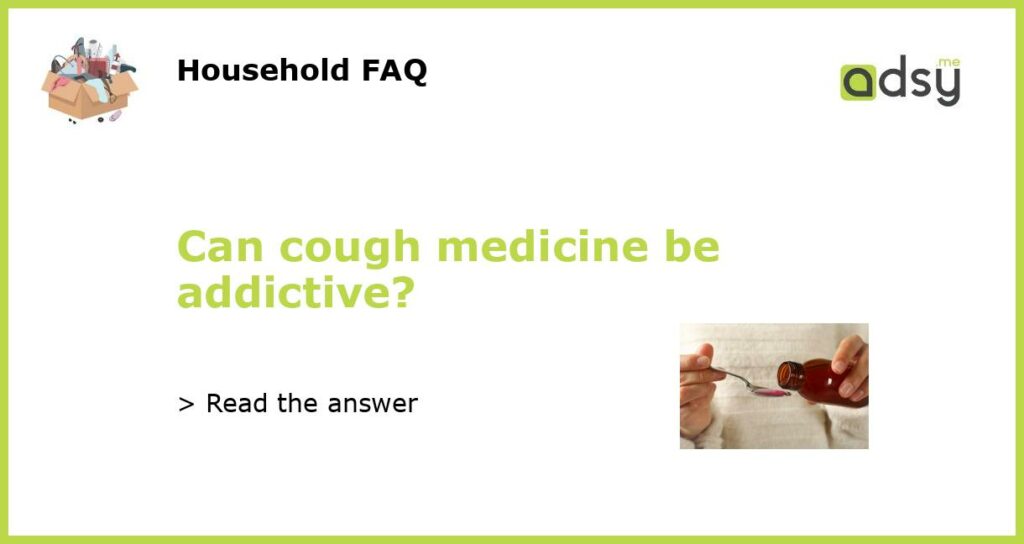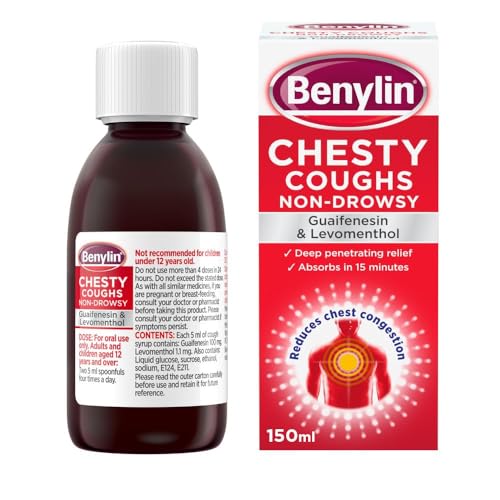What is cough medicine?
Cough medicine is a medication used to relieve coughing. It comes in various forms such as liquid, tablets, and lozenges. Cough medicine is composed of different ingredients, such as antihistamines, decongestants, and cough suppressants, to help alleviate cough and other symptoms associated with respiratory illnesses.
Can cough medicine be addictive?
Yes, cough medicine can be addictive if not used correctly. The cough suppressant found in some cough medicines is dextromethorphan (DXM). When taken in large amounts, DXM can cause a euphoric and dissociative effect similar to drugs like ketamine and PCP. This can lead to abuse and addiction.
What are the signs of cough medicine addiction?
Common signs of cough medicine addiction may include taking larger doses than prescribed or recommended, using cough medicine more frequently than directed, and experiencing withdrawal symptoms when stopping use. Other signs may include neglecting responsibilities, continuing to use despite negative consequences, and using cough medicine to cope with stress or emotions.
How can cough medicine addiction be treated?
Treatment for cough medicine addiction usually involves detoxification and counseling. Detoxification helps the body rid itself of the drug and its effects. Counseling helps patients identify and address the underlying issues that led to addiction, as well as develop coping skills to prevent relapse. In severe cases, medication-assisted treatment may also be considered.
What are the risks of cough medicine addiction?
Aside from the potential physical and psychological dependence, cough medicine addiction can also lead to serious health consequences. Overdosing on cough medicine can cause seizures, coma, and even death. Mixing cough medicine with alcohol or other drugs can also be dangerous and potentially fatal.






